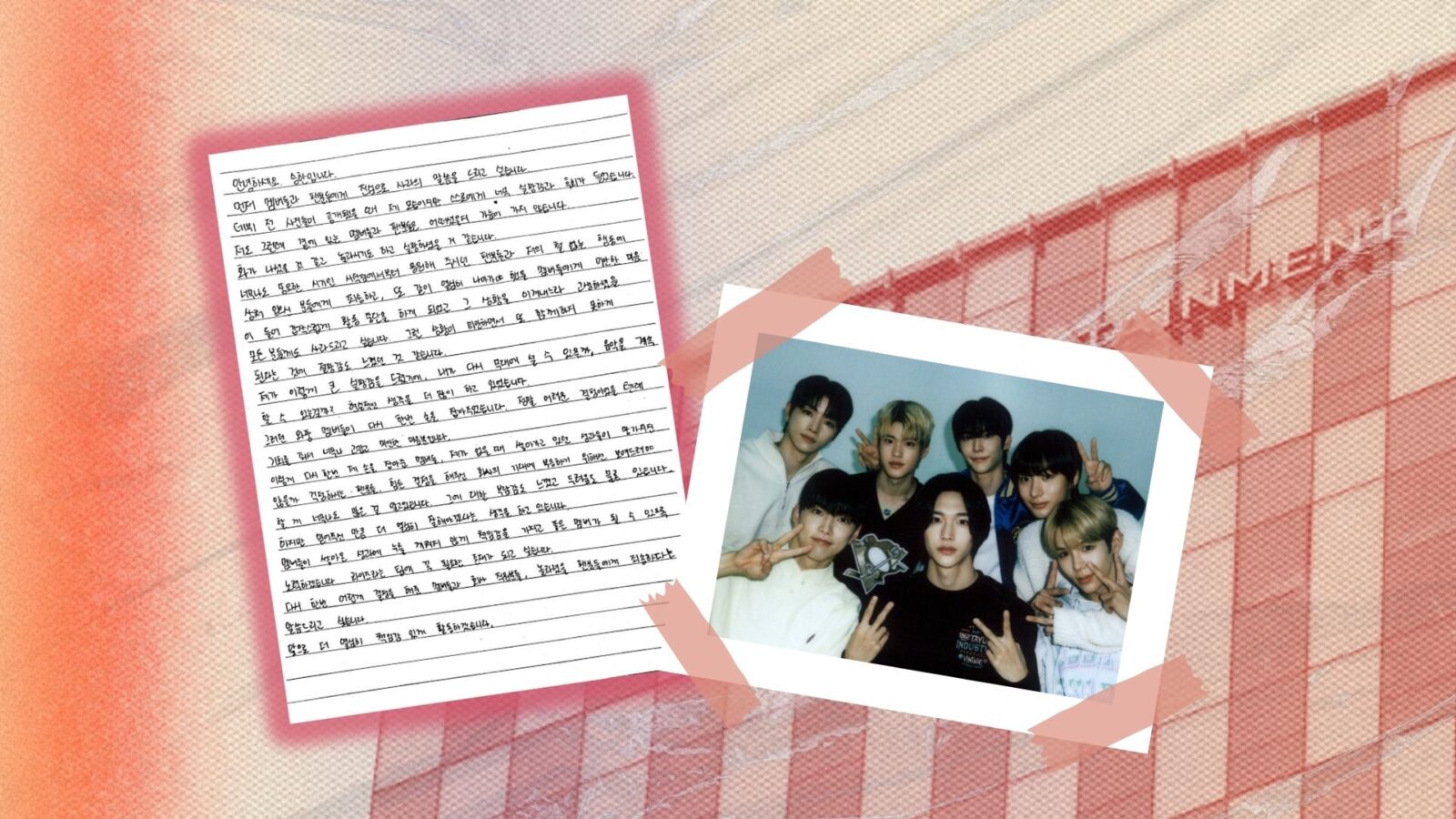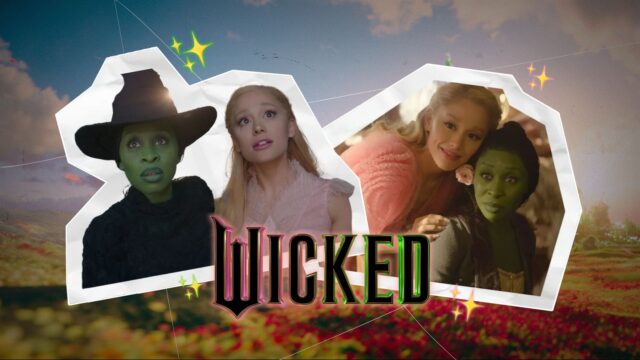The entertainment industry is still a business, for better and for worse.
Related: On Boundaries And Fandom: You Really Don’t Know Who Your Idols Are
There’s never a boring day being part of idol fandoms. But these past couple of weeks have been something else. In the realm of K-pop, RIIZE was on everyone’s feeds when SM Entertainment announced that Seunghan would be ending his hiatus from the group and rejoining his members, only for the company to not only retract but also announce that he would be permanently leaving the group. You can guess how that went. The latest chapter between the HYBE and ADOR drama, meanwhile, unfolded after NewJeans’ Hanni testified at the South Korean National Assembly on their state audit on workplace harassment in the music industry.
Back in the Philippines, netizens were abuzz after a viral tweet from a user stating that they are starting not to care about BINI anymore led to a discussion about the girl group and whether the barrier for entry was becoming too pricey for some fans.
To be a fan of idol groups is to know that issues and controversy eventually find their way to the surface, but these recent events have us looking at the big picture. Beyond the groups and artists themselves, companies have a big part to play in their success and reputation. And sometimes, doing what’s best for the business and what’s best for the group isn’t always the same thing.
HERE COMES CORPORATE
Looking past the parasocial relationships the entertainment industry, especially idol groups, have built over the decades, showbiz is still a business. Bills still need to be paid and salaries need to be given, and that doesn’t happen if money isn’t made. History is filled with corporate interests and decisions taking precedence above most. But is there a point where it gets too much? In their desire to get in the green, secure the bag, and appease certain groups and shareholders, companies have the tendency to overextend into uncomfortable territories.
Of course, that doesn’t mean artists can’t be paid or priced their worth. They worked hard to get to where they are, and they have the right to make their money and charge what they’re worth. It also isn’t solely on the artists’ shoulders when companies act a certain way that fans don’t agree with. But once companies take that mindset and step over a line into wanting even more, then there’s something to be said about that. We love seeing our favorite groups and artists flourish, and that usually is in tandem with decisions made by their companies, ideally in their best interests.
But there’s only so much that these corporations can do before we reach our limit. Greed, in general, is bad, but it’s made worse when it’s used to take advantage of fans. It’s sadly not surprising to see artists’ goodwill be used for companies to take it a step further, or worse, act in a way that ruins their reputation among their fans and the wider public. The industry is known for exploiting young artists for their gain, after all. The bottom line may look good at the end of the quarter, but companies making sure they get what they want in the end can also lead to unintended consequences for the group or artist, even though it’s not necessarily their fault.
MY WALLET, MY RULES
So, as fans, where do we draw the line? Companies will still be companies, but that doesn’t mean we can’t do anything about it. Not only are we fans, but we’re also consumers, and one of the best ways to make your voice heard is by voting with your wallet.
This doesn’t mean though you have to stop supporting your faves. You can still stream their music, watch their music videos, follow them on social media, and the like. But if you don’t like their companies’ practices or decisions, then spend your money and even attention elsewhere. At the end of the day, the business is still a business, flaws and all, but we also have a say in how we consume media.
Continue Reading: FYI, Your Financial Status Doesn’t Determine Whether You’re A Real Fan





